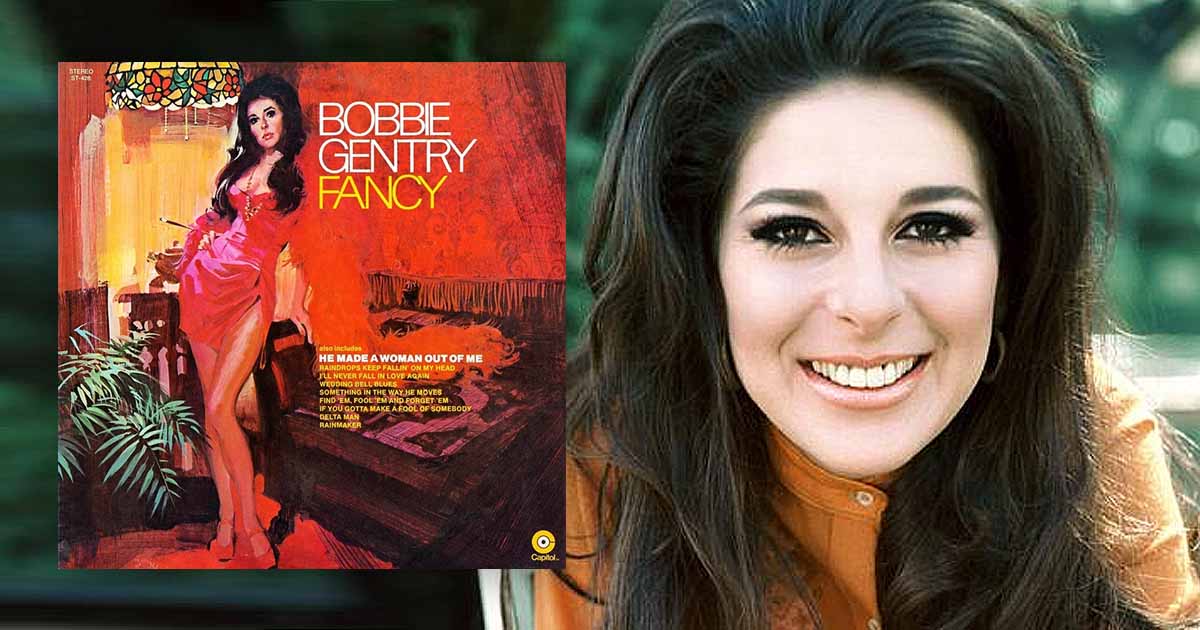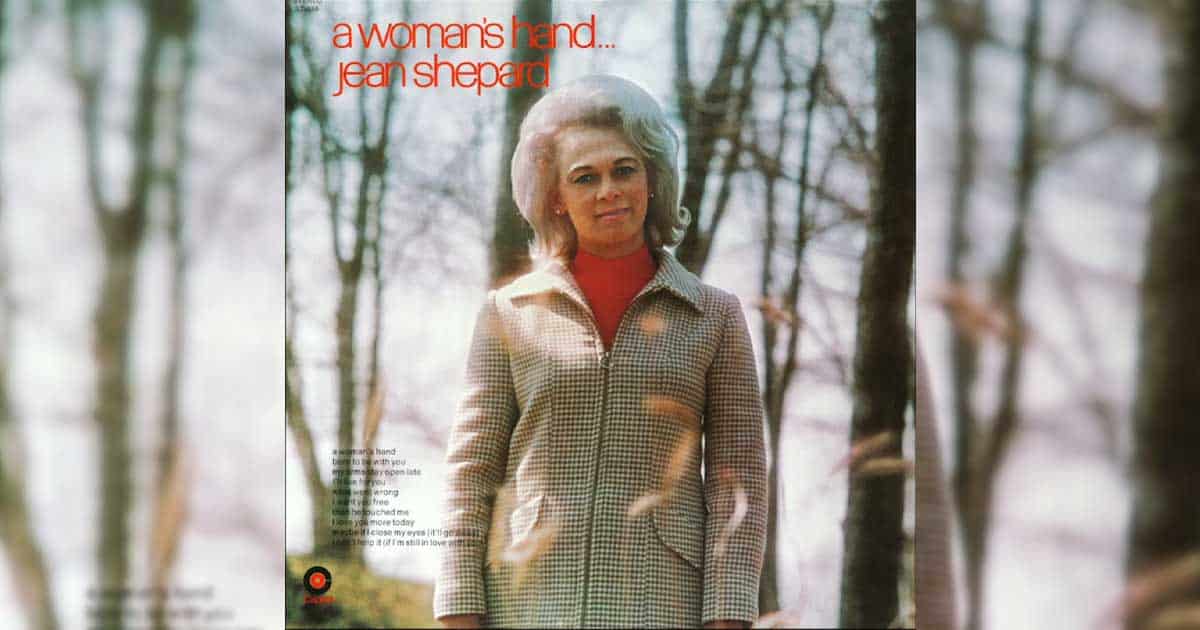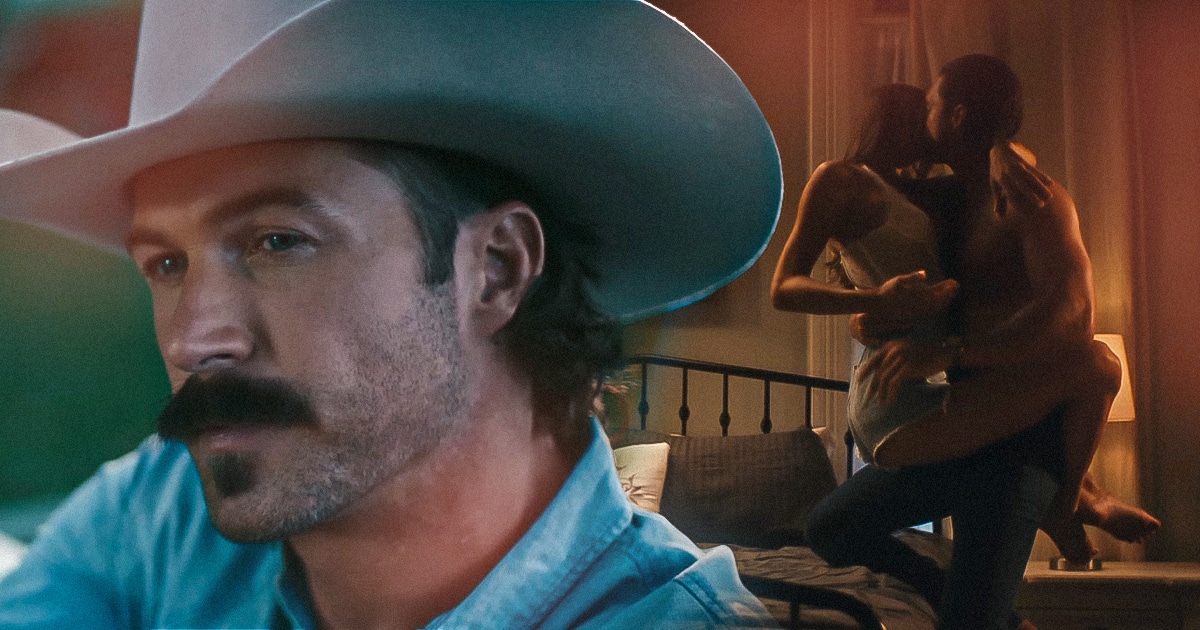With a red satin dress, makeup and perfume, and a locket inscribed with “To thine own self be true,” Bobbie Gentry masterfully crafted her 1969 Southern-gothic style song “Fancy” into a resounding anthem of women’s liberation.
This four-minute and 15-second solo single earned her public acclaim and scored her a Top 40 on the Billboard Hot 100. In 1990, Reba McEntire covered the song, and her version surpassed the original on the country charts – snatching a spot in the Top 10.
This crossover pop music hit was the singer-songwriter’s biggest one since her debut, “Ode to Billie Joe.” She wrote and recorded the song with Rick Hall in Muscle Shoals, Alabama, for her album of the same name under Capitol.
If there’s anything in Bobbie Gentry’s songs that deserves a spot in your rotation list, it’s “Fancy.”
Meaning Behind the Song
Bobbie Gentry wasn’t the least subtle with the feminist meaning behind “Fancy” and even acknowledged it in an interview.
Her story starts with a girl named Fancy and her “plain white trash” family who lived in poverty. In a last-ditch effort of her mom, who was terminally ill, to save Fancy from a life of being poor, she spent her last money on a red dress, makeup, perfume, and a locket with an inscription that read, “To thine own self be true.” Then left her with a message to be nice to the gentlemen, and they would be nice to her.
RELATED: 10 Not-So-Known Facts About Bobbie Gentry That You Should Know
It was a life of prostitution in exchange for a chance to have a comfortable life. People criticized her mother for putting her into a situation like that, but it was a choice Fancy embraced, ultimately changing her life.
She went from a poor young girl to a woman who owned a Georgia mansion and a New York City townhouse flat. At the end of the story, she condemns all the “self-righteous hypocrites.”
She wouldn’t be where she was if not for her mother. As the generation of today says, “Sex work is still work.” More importantly, a woman is allowed to make her own choices regarding her own body.
The lyrics were also autobiographical in nature. Just like Fancy, Gentry grew up dirt poor. She also married a wealthy man, a casino magnate even by the name of Bill Harrah. Unfortunately, they didn’t last a year. “Ruby Gentry” also inspired the plot – the same film that inspired her stage surname.
Check out Bobbie Gentry’s “Fancy” in the video below.


















